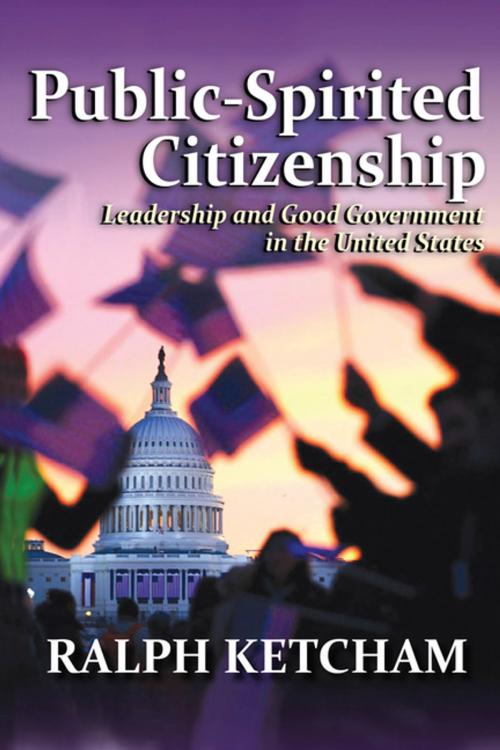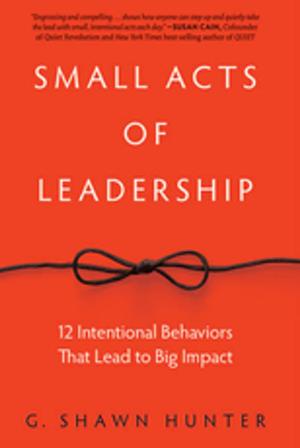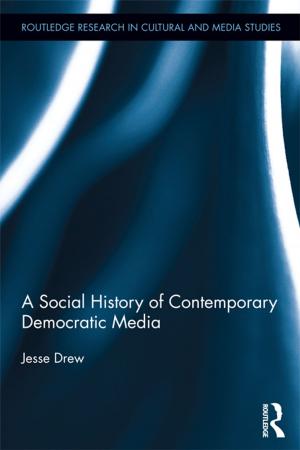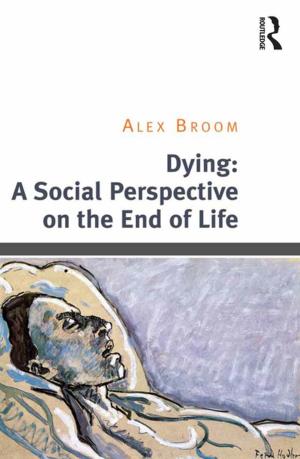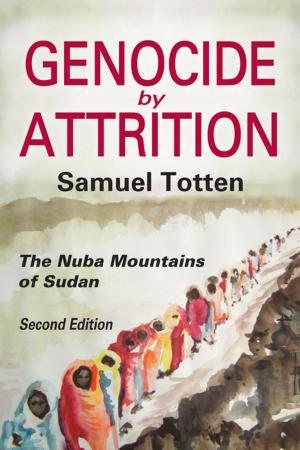Public-Spirited Citizenship
Leadership and Good Government in the United States
Nonfiction, Social & Cultural Studies, Political Science| Author: | Ralph Ketcham | ISBN: | 9781351495486 |
| Publisher: | Taylor and Francis | Publication: | July 5, 2017 |
| Imprint: | Routledge | Language: | English |
| Author: | Ralph Ketcham |
| ISBN: | 9781351495486 |
| Publisher: | Taylor and Francis |
| Publication: | July 5, 2017 |
| Imprint: | Routledge |
| Language: | English |
Any searching look at the theory and practice of citizenship in the United States today is bewildering and disconcerting. Despite earnest concern for participation, access, and "leverage," there is a widespread perception that nothing citizens do has much meaning or influence. This book argues that for American democracy to work in the twenty-first century, renewed interest in teaching the nation's young citizens a sense of the public good is imperative.All of the nation's founders, especially Adams, Jefferson, Franklin, and Madison, addressed the question of whether and how a citizen can make a difference in the American political process. This concern harkens back even farther, to Locke, Erasmus, and Aristotle. Today, one obstacle to good citizenship is the social scientific turn in political science. Leaders in civic education in the twentieth century eschewed grand ideas and moral principles in favour of a focus on behaviourism and competitive, liberal politics. Another problem is the growing belief that the government has no business promoting the public good through the support of religious, educational, or cultural efforts.Ralph Ketcham vividly depicts the relationship of private self-interest and public-spirited action as these pertain to citizenship and good government. This is an enlightening book for the general reader, as well as for students, professional social scientists, and political philosophers.
Any searching look at the theory and practice of citizenship in the United States today is bewildering and disconcerting. Despite earnest concern for participation, access, and "leverage," there is a widespread perception that nothing citizens do has much meaning or influence. This book argues that for American democracy to work in the twenty-first century, renewed interest in teaching the nation's young citizens a sense of the public good is imperative.All of the nation's founders, especially Adams, Jefferson, Franklin, and Madison, addressed the question of whether and how a citizen can make a difference in the American political process. This concern harkens back even farther, to Locke, Erasmus, and Aristotle. Today, one obstacle to good citizenship is the social scientific turn in political science. Leaders in civic education in the twentieth century eschewed grand ideas and moral principles in favour of a focus on behaviourism and competitive, liberal politics. Another problem is the growing belief that the government has no business promoting the public good through the support of religious, educational, or cultural efforts.Ralph Ketcham vividly depicts the relationship of private self-interest and public-spirited action as these pertain to citizenship and good government. This is an enlightening book for the general reader, as well as for students, professional social scientists, and political philosophers.
